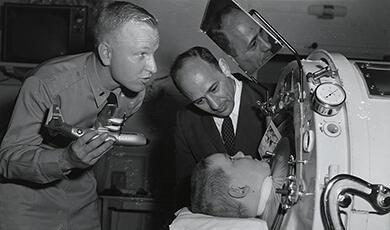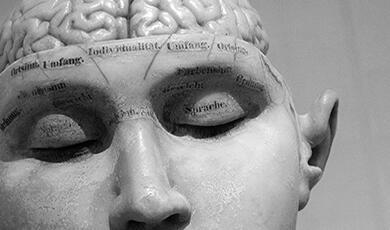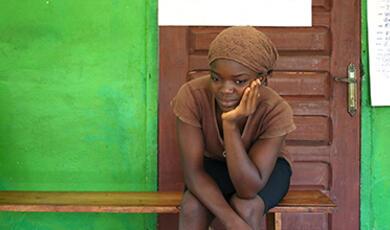Press release: Sickle Cell Disease: A Cultural History

Sickle Cell Disease initially viewed as an exclusively ‘Black disease’
Sickle cell disease common not just in Africa but also East India, Latin America, the Mediterranean, Middle East
Misconception that Sickle Cell patients have low pain thresholds, when in excruciating pain
Embargo for quotes: Thursday 1 June 7pm (UK time)
I would like to invite you to a lecture on Sickle Cell Disease: A Cultural History, by Gresham Professor Joanna Bourke tomorrow, Thursday 1 June 6pm (UK time) at Gresham College or online. Professor Bourke will explore the medical, social and political history of Sickle Cell Disease, and examine the workings in the cultural construction of pain.
She will say, “since its foundational moments, it has been a racialised disease. In the words of physician Verne Mason, reporting on the fourth case of sickling in 1922, ‘the malady has been seen only in [people of African American descent], and, so far as could be ascertained, it is the only disease peculiar to that race’. It is not surprising, therefore, that the condition was well-known in African folk tradition. The enslavement of people from the African continent brought awareness of the condition to white enslavers. In popular parlance, Sickle Cell is known as the ‘Black disease’.”
Given that most sufferers are from minoritized BME communities and poor, sickle cell disease has been largely neglected, Bourke will say: “A study in 2019 found that Sickle Cell Disease received significantly less funding than other diseases.” People suffering were increasingly believed to be seeking drugs, especially if male and black; and they were routinely disparaged by medical professionals as ‘frequent flyers’. Bourke will go on to explore the eugenicist underbelly of assumptions about sickle cell disease, and the way that it fed into racist views about ‘intermarriage’ with the white population.
However, she will say, in the 1960s, “Black civil rights leaders and revolutionary political parties saw in Sickle Cell Anaemia a symbol of discrimination against Blacks as well as a way to mobilise Black aspirations for better lives. For the Black Panther Party for Self Defense (founded in 1966), the failure of governments to address Sickle Cell Disease was simply another example of distain for Black lives. They instigated major public health programmes, eventually shifting from ideas of self-defense to those of self-help. Their clinics educated Black people about Sickle Cell Disease, provided genetic screening, and spread the view that the politics of Sickle Cell was the politics of institutionalized racism.”
Although there is a common misconception that sufferers of sickle cell have a low pain threshold, in fact Bourke will say they are often undertreated for their very intense pain: “The central symptom of the condition is excruciating pain. Between 70 and 90 per cent of sickle-cell related admissions to hospitals are due to painful crises. When sufferers are undergoing a pain crisis, they require (on average) more than seven days in hospital; in half of these cases, patients have to be readmitted within a month. Patients who survive into adulthood typically die in their forties.”
ENDS
Notes to Editors
You can sign up to watch the hybrid lecture online or in person; or email us for an embargoed transcript or speak to the lecturer: l.graves@gresham.ac.uk / 07799 738 439
Read more about Professor Bourke
Sign up to our monthly newsletter to get advance notice of our events.


 Login
Login





